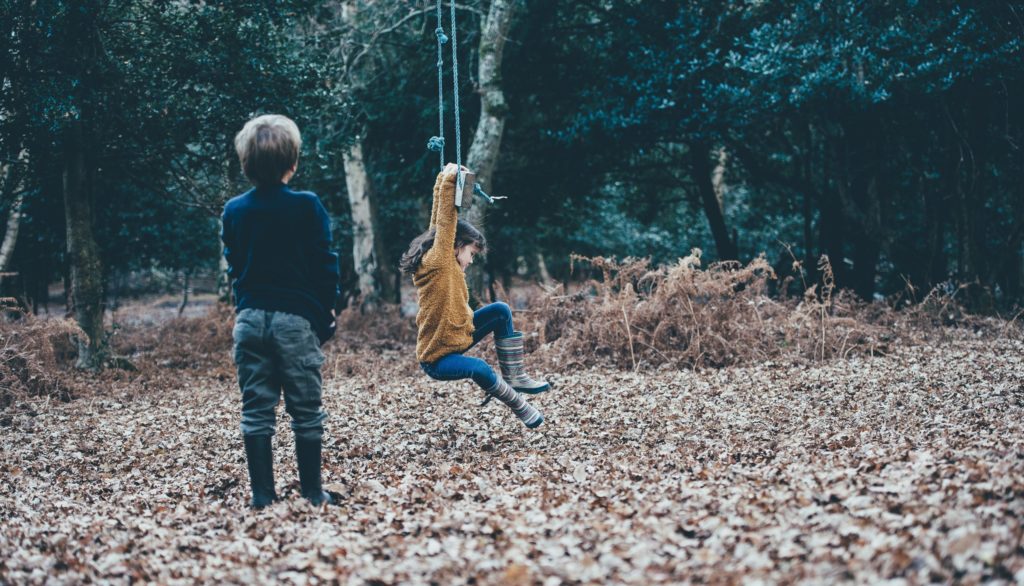Several decades ago, a family in a rural diocese in the United States decided to send a 9-year-old boy to help the priest with ceremonies and other parish activities.
The family had a very close relationship with the clergyman, who also knew the house and even dined with them. The devout mother had instructed the child: "you have to do everything the father tells you". Faithful to his mother's order, the innocent boy did so for 4 years. However, no one knew that after helping in the work of the church, the clergyman asked the child to go to the basement to commit the crime of child sexual abuse.
Forty-five years later
Forty-five years later, that boy, now a businessman, knocked on the doors of the office of then Bishop Blaise Cupich (now Archbishop of Chicago), who was on his first episcopal appointment. The prelate opened his doors and listened to him attentively. He was stunned. After hearing the drama, Cupich offered his help and told him he would give him whatever support or whatever he needed to contribute to his healing.
The businessman asked to go and confront the abuser priest face to face to show him the pain and suffering he had in his soul and thus remove the burden he had accumulated for years. And so it happened. The priest listened and accepted. He did not deny the facts. After that meeting Cupich went in person to that parish to present the facts to the parishioners.
At the same time, he informed the police and notified the Holy See of the crime. "It was a moment of great pain," Cupich said, "but the courage of that victim made me see that in the Church there should be no place for leaders who abuse power and expect protection because of their status." According to the U.S. Center for Disease Control and Prevention, 1 in 4 children worldwide suffer physical abuse, and nearly 1 in 4 girls suffer sexual abuse.
The congress
These data and various stories were presented April 8-10 during the virtual symposium "Faith and Flourishing, Strategies for Preventing and Healing Child Sexual Abuse." The event was organized by Harvard University, in conjunction with educational institutions, religious and Holy See agencies, including the Pontifical Commission for the Tutelage of Minors (PTM) and the Pontifical Gregorian University.
The objective of the event was to share experiences and resources with members of different organizations and religions to prevent child sexual abuse and promote healing for victims of this scourge. One of the goals of the meeting was to declare April 8 as World Day for Prevention, Healing and Justice for Child Sexual Abuse.
The event was attended by academics, leaders of different religions, and directors of child abuse prevention centers from various parts of the world. During the symposium, virtual attendees had the opportunity to participate in the discussion sessions that took place during the three-day event.
Message from Pope Francis
At the opening of the event on April 8, a message Pope Francis sent to the participants was read. The Holy Father expressed his gratitude to the organizers and thanked them for the efforts being made in different ecclesial communities and in society to ensure the welfare of minors and restore dignity to victims of abuse.
Cardinal O'Malley, Archbishop of Boston and President of the PTM, was also present at the inaugural session. In his address, the prelate noted: "We all have a moral and legal obligation to provide the best possible protection. To care for the people we serve, especially minors and the most vulnerable. They rightfully expect that protection. In some cases that responsibility was betrayed by those who had a sacred duty to care for their souls. The betrayal was devastating. Crimes of sexual abuse cannot be hidden. We must be vigilant in supporting survivors and their loved ones. Thanks to their courage, child protection and healing are becoming central components in all facets of our lives. But there is much to be done.
Taking a step forward
While in some countries, such as the USA, the issue of prevention and eradication of child abuse has been going on for several decades, in others it is just beginning. This was recognized by the Jesuit priest Hans Zollner, president of the Center for the Protection of Minors at the Gregorian University.
During his intervention, he pointed out that listening to all the harm that has been caused to victims makes us realize that it is necessary for communities to step forward and recognize the damage that has been done. Faith communities, he said, can offer tools to intervene, prevent and heal. And to do so, we need to collaborate to learn together, particularly in those places where the fight against abuse and prevention is just beginning.
Among the topics addressed at the symposium were: perspectives on cultural barriers to child sexual abuse; strategies to prevent abuse in communities; and mechanisms to promote healing for victims. The papers and other tools on the topic are available online at https://hfh.fas.harvard.edu/video-presentations.








